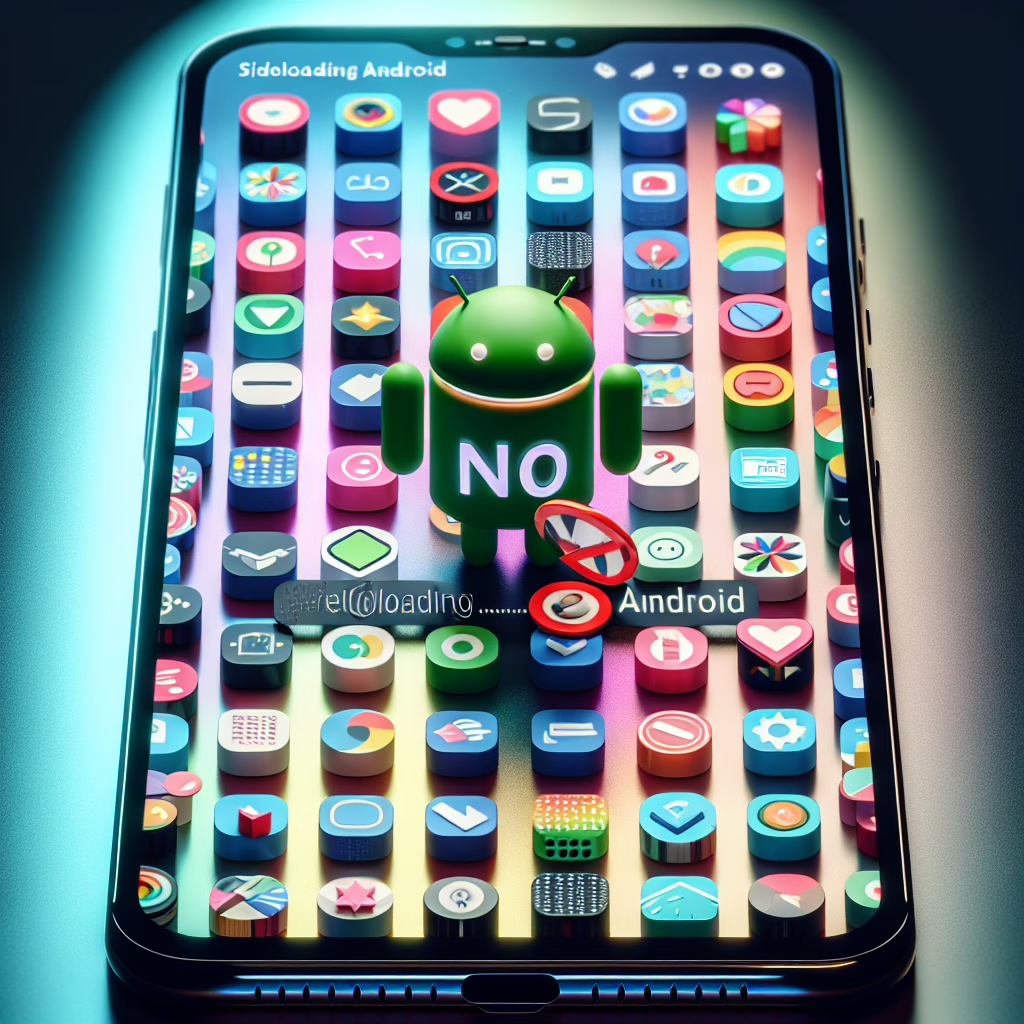In a move that has many Android users buzzing like a bee on espresso, Google has announced that starting in 2025, it will block sideloading of unverified Android apps. Yes, you heard it right! The days of downloading apps from sources that sound suspiciously like they belong in a shady alley are coming to an end. But fear not, fellow tech enthusiasts; this change is designed to make your device safer while keeping the app ecosystem lively and vibrant.
What Does This Mean for Sideloading?
Sideloading, for those who might be new to the term or just need a refresher, is the process of installing apps from outside the official Google Play Store. While it can open the door to a treasure trove of unique applications, it can also lead to a dark and treacherous path filled with malware and other digital nasties. With Google’s upcoming policy change, users will need to think twice before venturing off the beaten path.
Imagine wandering into an unknown forest without a map—exciting, right? But without the right guidance (or a good flashlight), you might find yourself lost or worse! In this case, Google aims to provide that flashlight by ensuring that only verified apps can be installed, paving a safer path for users.
The Good, the Bad, and the App-ly Confusing
Now, let’s dive into the pros and cons of this new sideloading policy. On one hand, blocking unverified apps means fewer chances of encountering malware. It’s like having a bouncer at the door of your favorite club—only the good vibes (and apps) get in!
On the flip side, this could frustrate developers who rely on sideloading for beta testing their creations before they hit the big time in the Play Store. Picture a budding artist who can only paint within a set border; creativity might feel stifled. Yet, fear not! Developers will still have avenues to distribute their apps legally and securely through alternatives like private app stores or direct downloads from their websites.
What Users Should Expect in 2025
As we approach 2025, users should prepare for some significant changes in how they interact with their Android devices. Here’s what to expect:
- Fewer Risks: Your device will likely become more secure, reducing the chance of malicious software wreaking havoc on your phone.
- More Scrutiny: Apps will undergo stricter vetting processes before they can enter the Play Store, meaning quality should improve overall.
- Adaptation Required: Users who love exploring niche apps may need to adjust their habits. It’ll be like learning to ride a bike all over again—except this time, there’s no training wheels!
The Future is Bright (and Verified)
The world of mobile applications is constantly evolving, and Google’s decision reflects a broader trend toward security and user safety. While some may mourn the loss of sideloading as we know it, there’s a silver lining: more secure devices lead to happier users!
This change could encourage developers to create better apps since they’ll be competing for attention in a more regulated marketplace. Think of it as a friendly neighborhood competition where only the best apps thrive! Plus, with fewer rogue applications floating around, users might find their digital lives just a tad less chaotic.
In Conclusion: Embracing Change
As we gear up for this shift in 2025, remember that change can often bring about unexpected benefits. Embrace this opportunity to explore verified apps and enjoy peace of mind knowing your device is safer than ever before.
So what do you think about Google’s upcoming ban on sideloading unverified Android apps? Are you ready for this new era or are you secretly plotting ways to sneak around it? We’d love to hear your thoughts in the comments below!
A special thanks to Ars Technica for their insightful article that inspired this piece! For further reading, you might also explore how Google is making sideloading Android apps safer by verifying developers’ identities.

